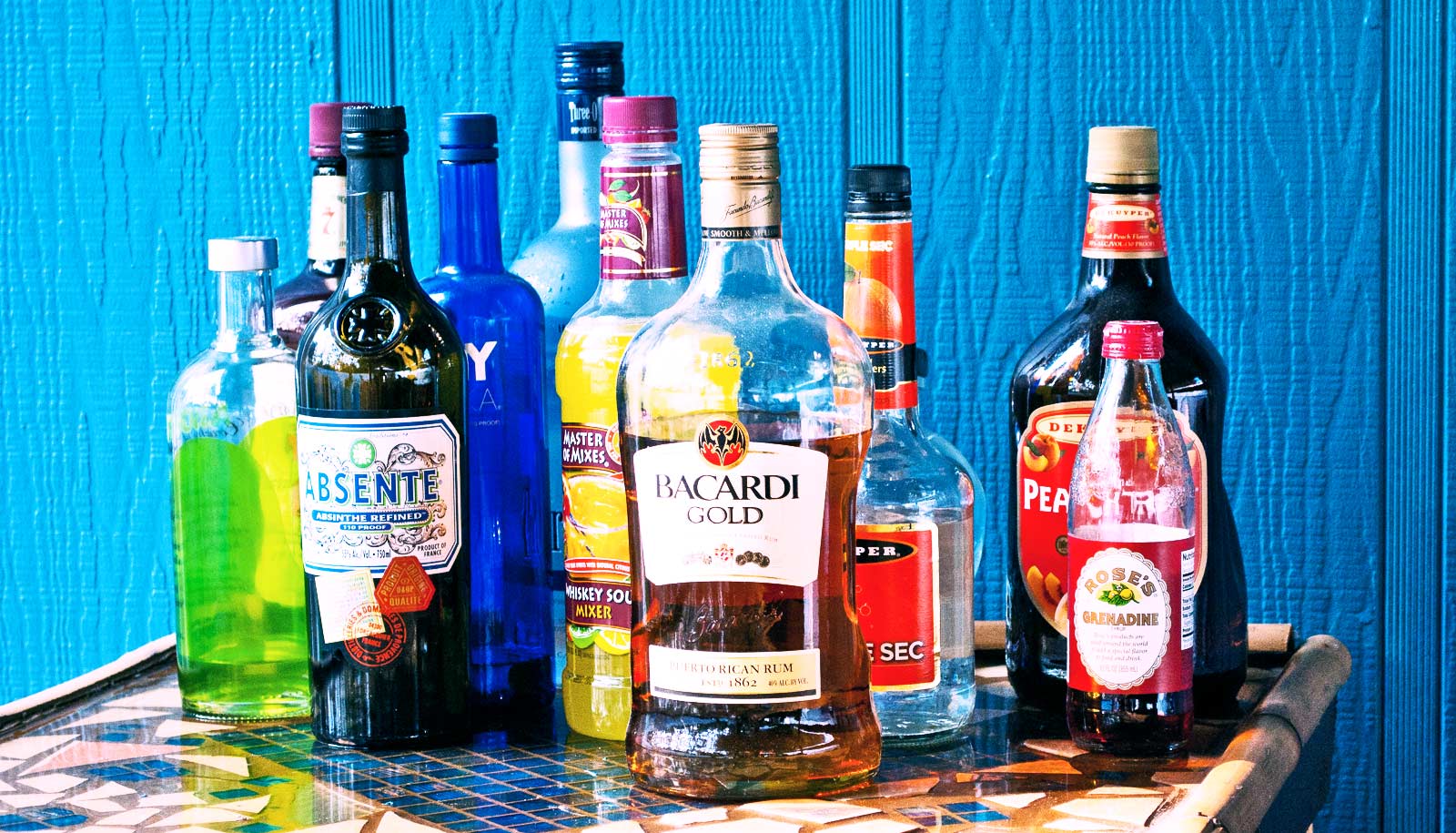Here is expert advice on how to avoid and recognize alcohol poisoning, both in yourself and others.
The Centers for Disease Control and Prevention reports that 2,200 alcohol poisoning deaths occur in the United States each year, an average of six people each day. Men account for 76% of those deaths.
“Alcohol poisoning is more common and life-threatening than people realize,” says Diane Calello, executive and medical director of the New Jersey Poison Control Center at Rutgers New Jersey Medical School’s emergency medicine department.
“Intoxication can lead to death or permanent brain damage. A person who consumes a fatal dose of alcohol may stop breathing or choke on their vomit while unconscious. As alcohol levels continue to rise in the body, a person who looks asleep may very well be unconscious.”
A variety of factors, including gender, weight, and food consumption influence the amount of time between drinking alcohol and feeling its intoxicating effects, Calello says.
Here, she gives some advice about how to avoid and recognize alcohol poisoning:
- Understand how much you’re drinking. People often consider how many drinks they’ve had, but don’t take into account the volume or alcohol content of those drinks. A standard drink is: 12 ounces of beer (at 5 percent alcohol by volume), 5 ounces of wine (at 12 percent alcohol by volume), or 1.5 ounces of 80-proof liquor (at 40 percent alcohol by volume). Most alcoholic drinks are not consistently measured, which makes it difficult to know exactly how much alcohol you are consuming. In addition, drinks today, especially craft beers, often have a much higher alcohol content than they did in the past.
- “Sleeping it off” is never a safe option. A person who appears very drunk or has passed out may be showing early signs of alcohol poisoning and be in real danger. Immediate medical help is essential. Most states offer immunity from arrest and prosecution for anyone who in good faith seeks medical assistance for an overdose victim, as well as immunity for the person suffering the overdose.
- Know the critical signs of alcohol poisoning: Mental confusion, stupor, coma (or you can’t wake a person up); slow or irregular breathing; blue skin color or low body heat; vomiting; or seizures.
- Don’t hesitate, get medical help. If you have concerns about alcohol poisoning, the effects of alcohol or alcohol-related illnesses—or if someone is unconscious, not breathing, hard to wake up, or having a seizure, call 911 or the national Poison Help hotline: 1-800-222-1222.
Source: Rutgers University



